Africa’s rich tapestry of history is woven with stories of ancient civilizations, vibrant cultures, and the profound impact of colonial rule. As the continent continues to assert its identity and heritage, exploring its colonial history offers invaluable insights into the past that shaped modern Africa.
Numerous sites and tours across the continent bring this history to life, from the bustling streets of Cape Town to the serene landscapes of Ghana. Here’s a guide to some of Africa’s most compelling colonial history tours and sites.
1. Robben Island, South Africa
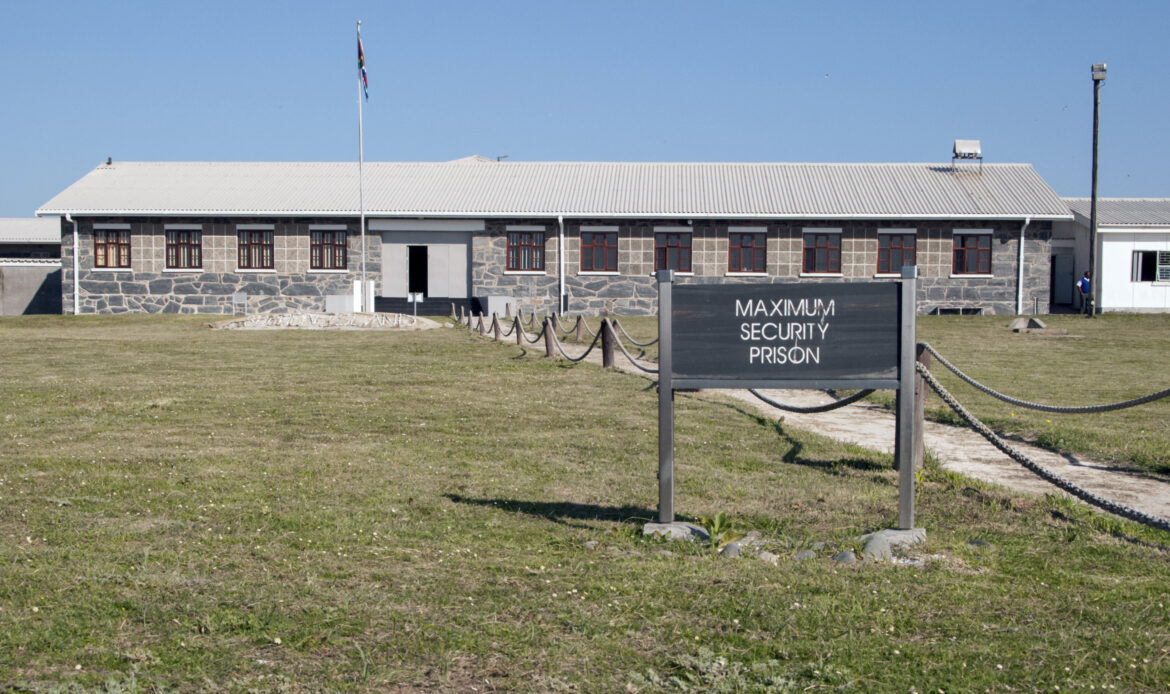
Robben Island, located off the coast of Cape Town, is perhaps one of the most iconic symbols of the struggle against apartheid. This UNESCO World Heritage Site was once a prison where Nelson Mandela spent 18 of his 27 years in captivity. Today, guided tours of the island offer a poignant glimpse into South Africa’s fight for freedom. Visitors can explore the former prison cells, visit the tiny chapel where Mandela and his fellow inmates worshipped, and hear stories of courage and endurance from former prisoners who now serve as guides.
2. The Slave House, Goree Island, Senegal
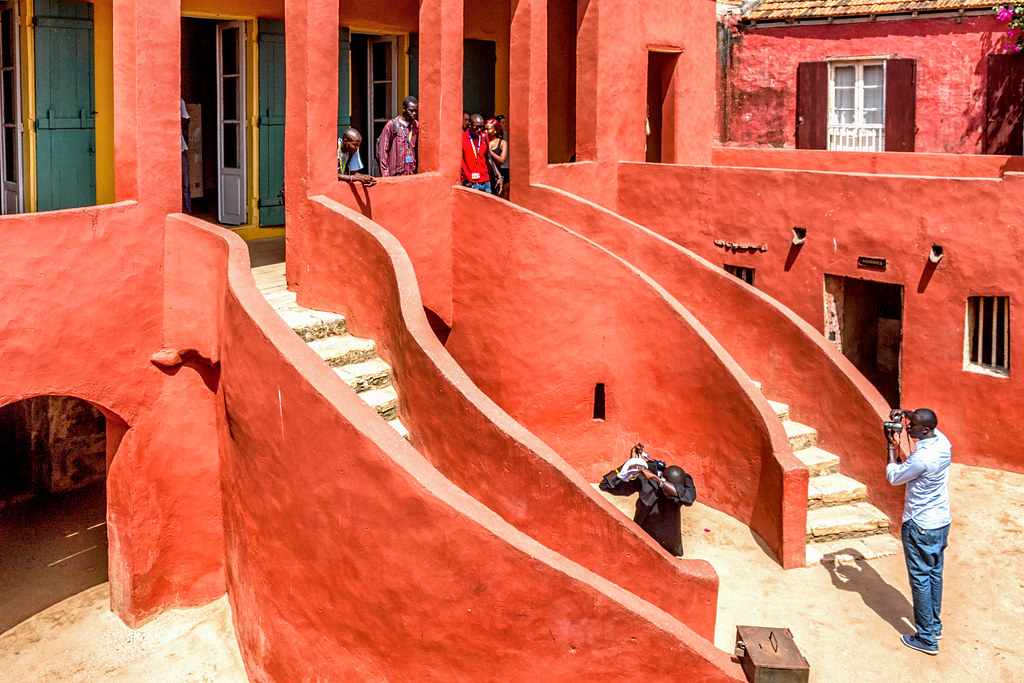
Goree Island, just off the coast of Dakar, is a UNESCO World Heritage site that stands as a stark reminder of the transatlantic slave trade. The Slave House, also known as the Maison des Esclaves, is a haunting museum where slaves were once held before being shipped to the Americas. The “Door of No Return” is particularly evocative, symbolizing the final step for many Africans on their journey into slavery. Walking through this site, visitors gain a profound understanding of the brutal history and its enduring legacy on the African diaspora.
3. The Castle of Good Hope, Cape Town, South Africa
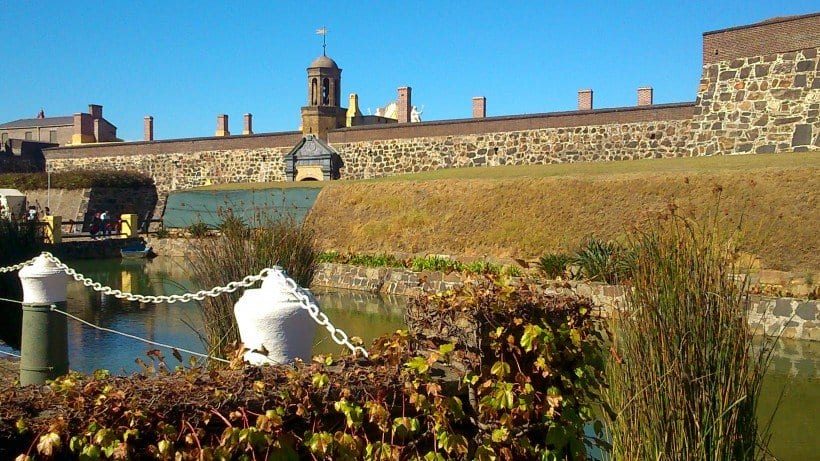
As the oldest colonial building in South Africa, the Castle of Good Hope is a must-visit for history enthusiasts. Built by the Dutch East India Company in the 17th century, the castle served as a military stronghold and a residence for the Dutch governor. Today, it is a museum that chronicles the colonial era’s military, social, and economic history. Visitors can explore the castle’s dungeons, admire its impressive architecture, and learn about its role in the Cape’s colonial past through engaging exhibits and guided tours.
Read: 5 Heritage Sites You Should Visit in Nigeria
4. The Slave River in Badagry, Nigeria
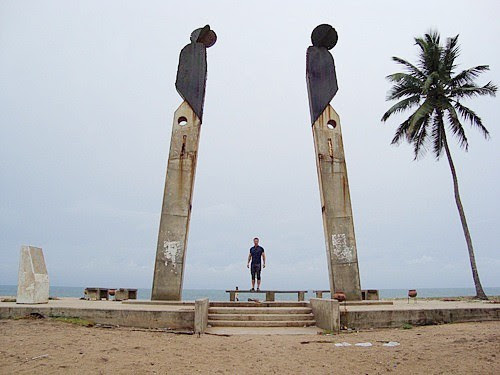
Badagry, located in southwestern Nigeria, was one of the main ports for the transatlantic slave trade. The Slave River, where enslaved Africans were bathed before being shipped to the Americas, is a poignant site of remembrance. The Badagry Heritage Museum, with its exhibits on the slave trade and the Point of No Return, where slaves embarked on their final journey, offer deeply moving experiences. Exploring these sites provides a somber yet essential perspective on the human cost of colonial exploitation.
5. Fort Jesus, Mombasa, Kenya

Fort Jesus, a UNESCO World Heritage Site, is a historic fortification built by the Portuguese in the 16th century to protect Mombasa from the Omani Arabs. This imposing structure, with its strategic location overlooking the Indian Ocean, has witnessed countless battles and shifts in power. Today, it houses a museum that details the fort’s history and the broader context of East African coastal history. Visitors can explore its ramparts, enjoy panoramic views of Mombasa, and delve into exhibits on the Swahili culture and the fort’s colonial history.
6. Cape Coast Castle, Ghana
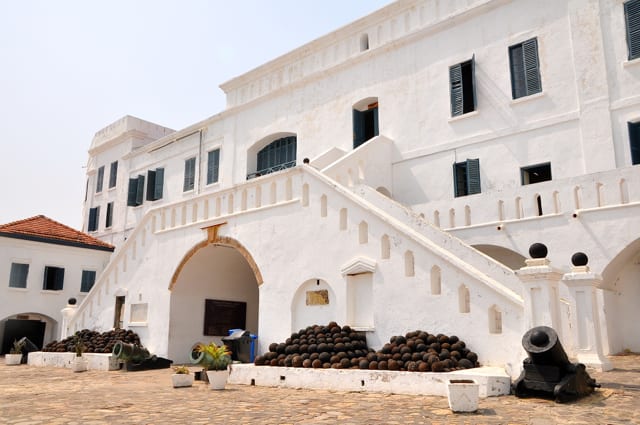
Cape Coast Castle, located on the Ghanaian coast, is one of the most significant relics of the transatlantic slave trade. Built by the Swedish in 1653 and later controlled by the British, the castle was a major hub for the slave trade. The castle’s dungeons, the “Door of No Return,” and the museum offer a hauntingly beautiful narrative of the enslaved Africans’ plight. Visiting Cape Coast Castle is an opportunity to reflect on the resilience and spirit of those who endured and resisted the brutal transatlantic slave trade.
7. The Historic Town of Lamu, Kenya
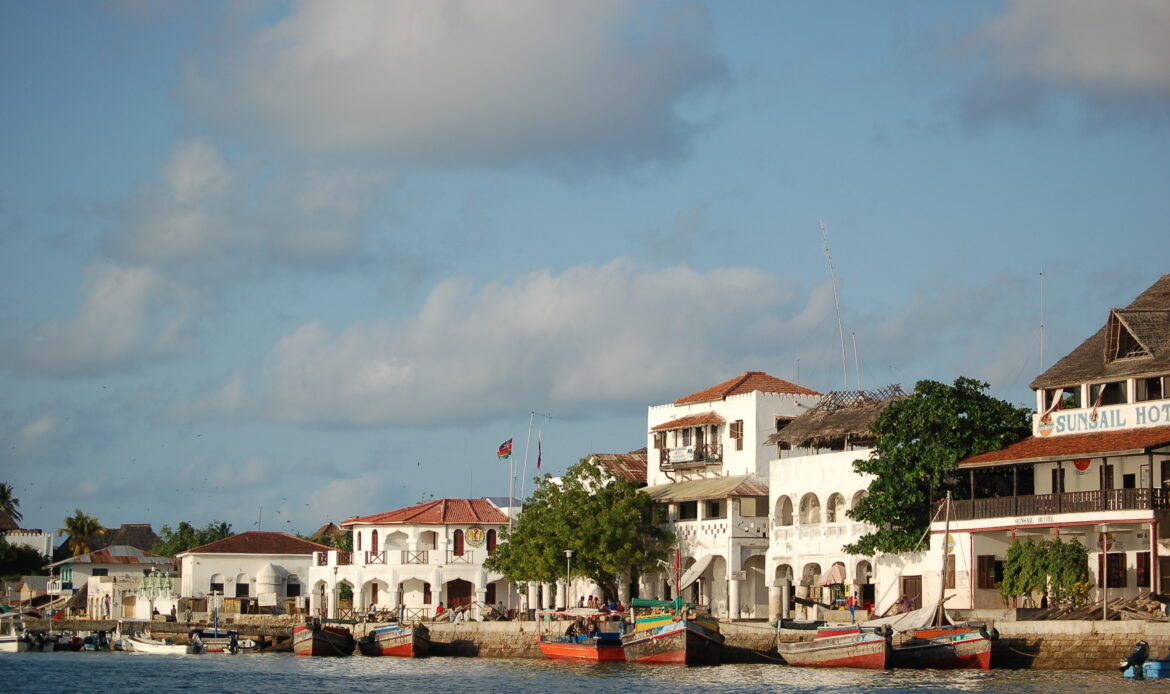
Lamu, a UNESCO World Heritage site, is a picturesque town that has preserved its Swahili culture and architecture through centuries of colonial rule. The narrow, winding streets of Lamu Town, with their coral stone buildings and bustling markets, offer a unique glimpse into East Africa’s rich cultural heritage. Visitors can explore the Lamu Museum, visit the old Swahili fort, and enjoy the serene beauty of the Indian Ocean. Lamu’s blend of African, Arab, and Indian influences provides a fascinating context for understanding the region’s colonial past.
8. The Battlefields of Isandlwana and Rorke’s Drift, South Africa
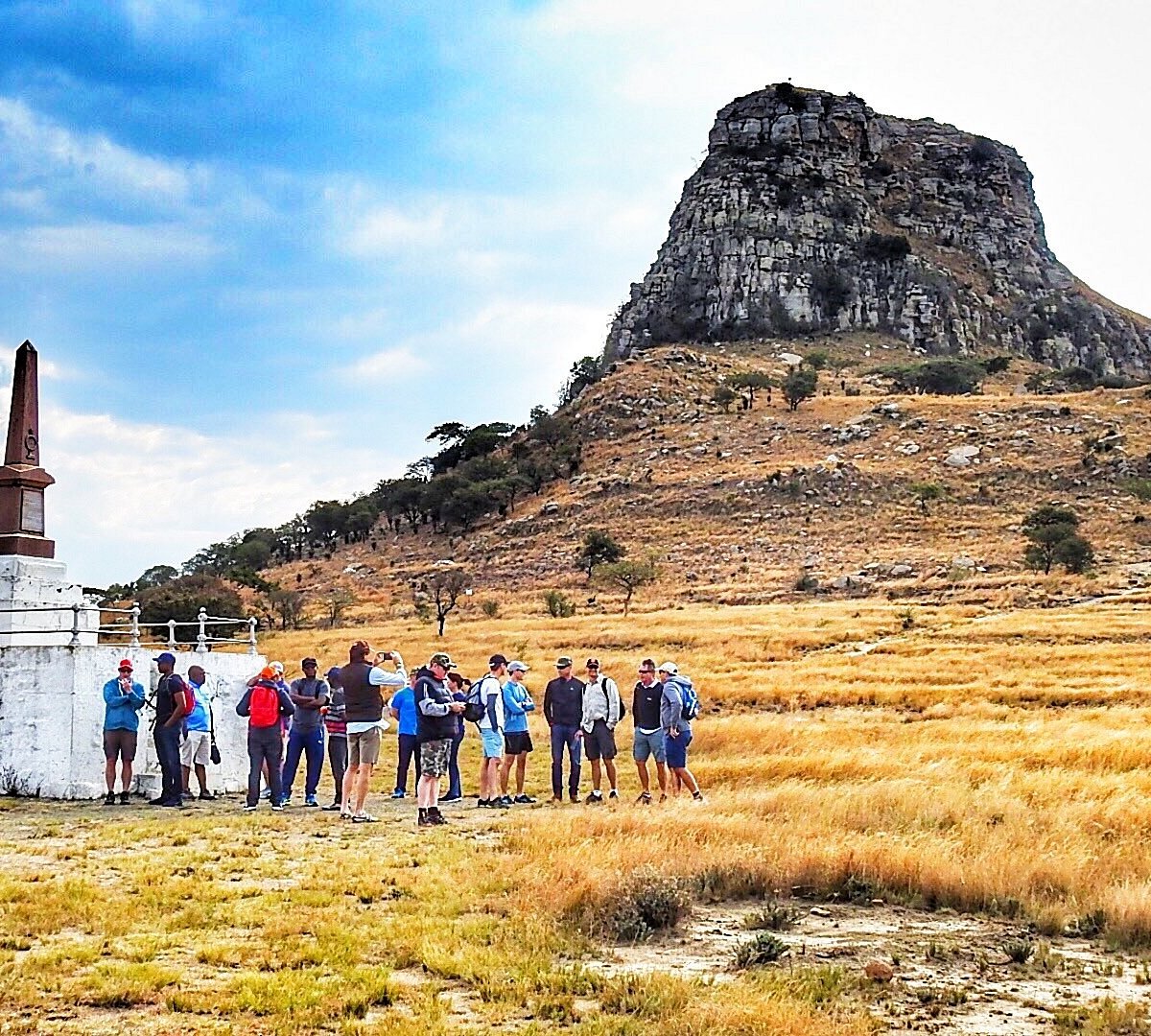
The Battlefields of Isandlwana and Rorke’s Drift in KwaZulu-Natal are pivotal sites of the Anglo-Zulu War. The Battle of Isandlwana, where the Zulu army famously defeated the British forces, and the subsequent defense of Rorke’s Drift, where a small British garrison held off a Zulu attack, are key moments in colonial history. Visiting these sites, with their memorials and museums, offers a deep dive into the resilience and strategies of the Zulu warriors and the British forces, highlighting one of the most dramatic episodes in Southern African history.
Read: UNESCO World Heritage Sites in Nigeria
9. Fort Brousse, Gambia
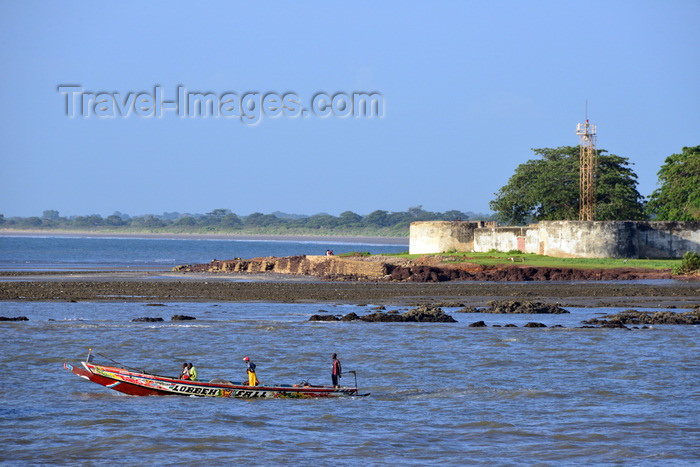
Fort Brousse, also known as the Gambia River Fort, is a significant site in the history of the slave trade in The Gambia. This 18th-century fortification was used by the British as a trading post and later as a prison. Today, it stands as a poignant museum that tells the story of the enslaved Africans who passed through its doors. The fort’s exhibits and the surrounding area provide a compelling narrative of the region’s role in the slave trade and its impacts on local communities.
10. The Zimbabwe Ruins, Zimbabwe
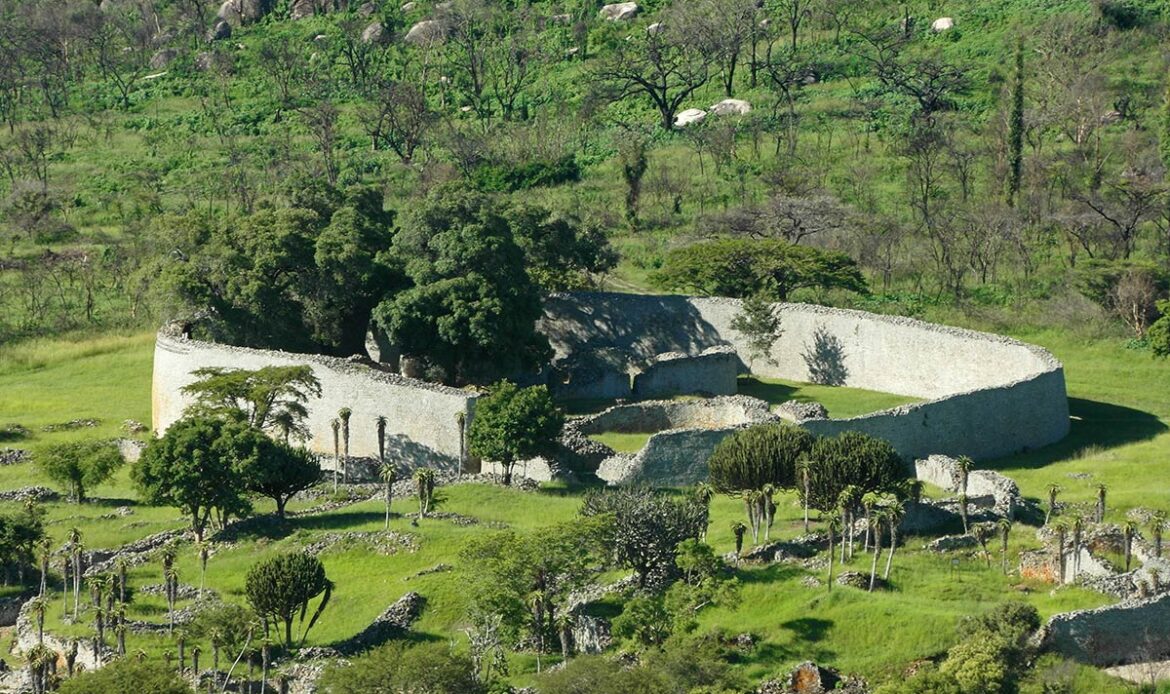
While not solely a colonial site, the Great Zimbabwe Ruins provide a fascinating backdrop to the colonial narrative in Southern Africa. These ancient stone structures, once the heart of the Kingdom of Zimbabwe, were the largest stone structures in precolonial Africa. The ruins are a testament to the sophistication of African civilizations before European colonization. Exploring these ruins offers a perspective on how colonial powers sought to undermine and control African history and culture.
Exploring Africa’s colonial history is not just about visiting sites; it’s about understanding the stories, struggles, and triumphs of the people who lived through these times. From the echoes of the transatlantic slave trade to the battlegrounds of resistance, each site offers a unique
